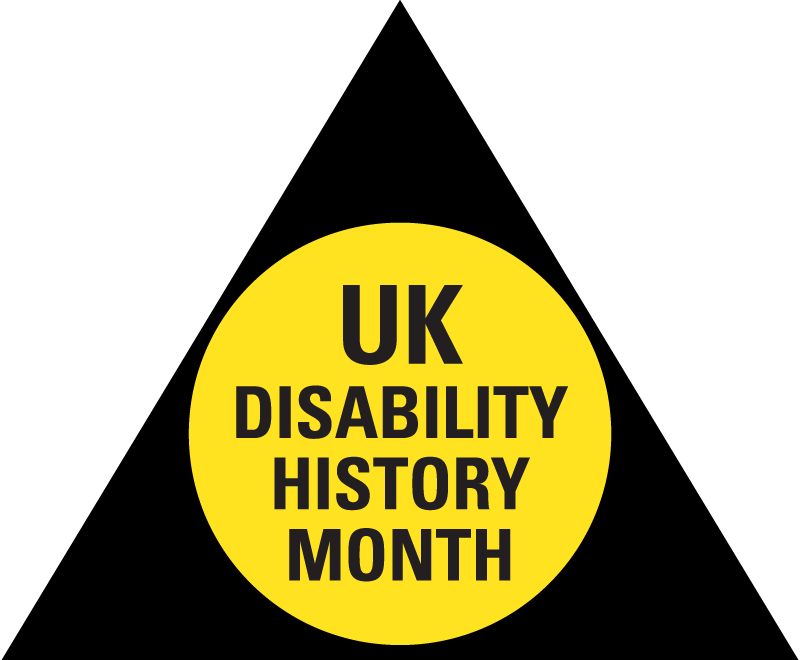By Eleanor Lawrie – BBC News
It’s 25 years since mass protests helped pressure the government into making it illegal to discriminate against someone because of their disability.
The rights of disabled people have changed significantly since then, but many say there are still significant gaps.
What were the protests about?
In the late 1980s, ITV had started holding a bi-annual telethon to raise money for disability charities.
But many disabled people found these fundraisers patronising and demeaning. They felt they were portrayed as objects of pity rather than functional members of society.
By the time of the 1992 telethon, hundreds had gathered outside ITV studios before the event, blocking the entrance, putting up a PA system, singing, dancing, and chanting.
“What telethon and programmes like it should be doing is encouraging able-bodied people to make disabled people members of their pubs and clubs, to employ them, let them into their schools, give them reasonable access to public places,” campaigner Rachel Hurst told the Independent at the time.
What happened next?
Protest groups including the Direct Action Network continued to campaign for the civil rights of disabled people and to end discrimination.
Overall, more than 100,000 people took part in the protests in some way, whether handcuffing themselves to buses or joining demonstrations outside Parliament.
There were 14 attempts to push civil rights legislation for disabled people through Parliament between the early 1980s and mid-1990s.
In 1995, the Disability Discrimination Act (DDA) was finally passed. It made it illegal for employers and service providers such as shops and restaurants to discriminate against someone because they were disabled.
This was as big a step forward for disability rights as the 1965 Race Relations Act and the 1975 Sex Discrimination act were in their fields, a government inquiry later reflected.
Did the Disability Discrimination Act work?
Critics pointed out the new law had a number of shortfalls, including that it was only rolled out in stages.
Employers had to make ”reasonable adjustments” to workplaces from 1996, the first time this concept was introduced.
But until 2004 it only applied to firms employing more than 15 people.
Service providers such as libraries, banks, shops and restaurants didn’t have to adjust their policies, for example by offering documents in accessible formats, until 1999.
They weren’t required to make reasonable adjustments to physical barriers to access, such as widening doorways, until 2004.
Laws preventing discrimination on transport and ensuring reasonable adjustments to housing didn’t come into law until 2005. This was also the first year that conditions such as HIV, cancer and multiple sclerosis were covered from point of diagnosis.
Another issue was that the DDA could only be enforced in a civil court, meaning disabled people could seek damages but companies or authorities couldn’t be punished. It also meant they often had to fund the action themselves, and that could be very expensive.
What replaced it?
In 2010, the law was expanded again. For the first time, it covered harassment because of a disability.
People no longer had to demonstrate that their disability affects a particular capacity, such as mobility or speech, to be protected from discrimination.
The road to equal rights
• 25 years since it became illegal for employers to discriminate against someone due to disability
• 14 attempts had already been made to push the legislation through Parliament since 1982
• 1999 service providers like shops and libraries had to adjust their policies and procedures
• 2004 they had to take reasonable steps to reduce physical barriers
• 2010 the Equality Act replaced and extended existing disability discrimination law
• 53% of disabled people in the UK were employed in 2013-19, compared with 82% of non-disabled people
The law now said people should not be discriminated against because of a past disability, because they associate with a disabled person, or are mistakenly thought to have a disability.
These extended rights come under the Equality Act, which rolled together more than 100 of pieces of discrimination legislation including laws around disability, sex, race and sexual orientation.
It replaces the DDA in England, Wales, and for a large part Scotland. But an amended version of the DDA is still in effect in Northern Ireland.
What do people still want to change?
The idea of the Equality Act was to simplify and strengthen anti-discrimination law and remove inconsistencies.
But many disabled people told a government inquiry that they had found life easier under the DDA.
Some suggested disabled people lose out under the Equality Act because, unlike other protected groups, they may need different, or more favourable treatment in order to have equal opportunities.
The TUC trade union body suggested many employers do not understand that they can, and should, treat disabled people more favourably than others when making adjustments as part of the Equality Act.
media captionThe activists brought central London to a standstill
Transport also remains a key issue. Accessible taxis didn’t have to accept and assist wheelchair users until 2017, while many private hire vehicles remain inaccessible. One in three disabled people felt public transport difficulties had reduced their independence, a 2019 report found.
Many point out that while changes have been made, disabled people still do not experience a level playing field.
Today, about half of disabled people in the UK are in employment, compared with about 80% of non-disabled people, according to the Office for National Statistics.
Disabled people are about half as likely to have a degree and four times as likely to report often feeling lonely. They are also less likely to own their own home and more likely to experience a crime.
